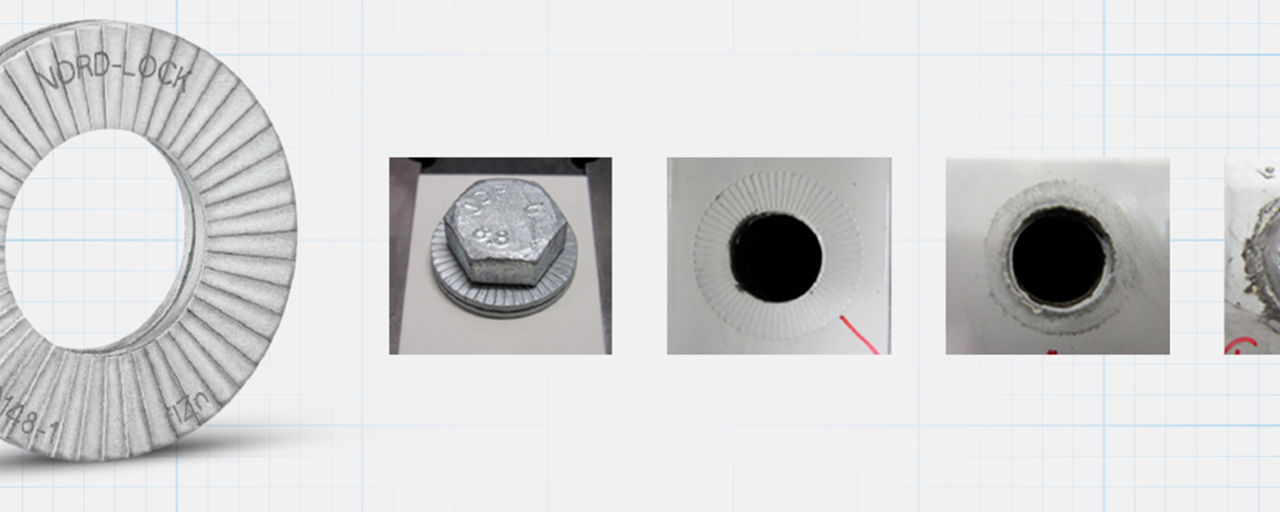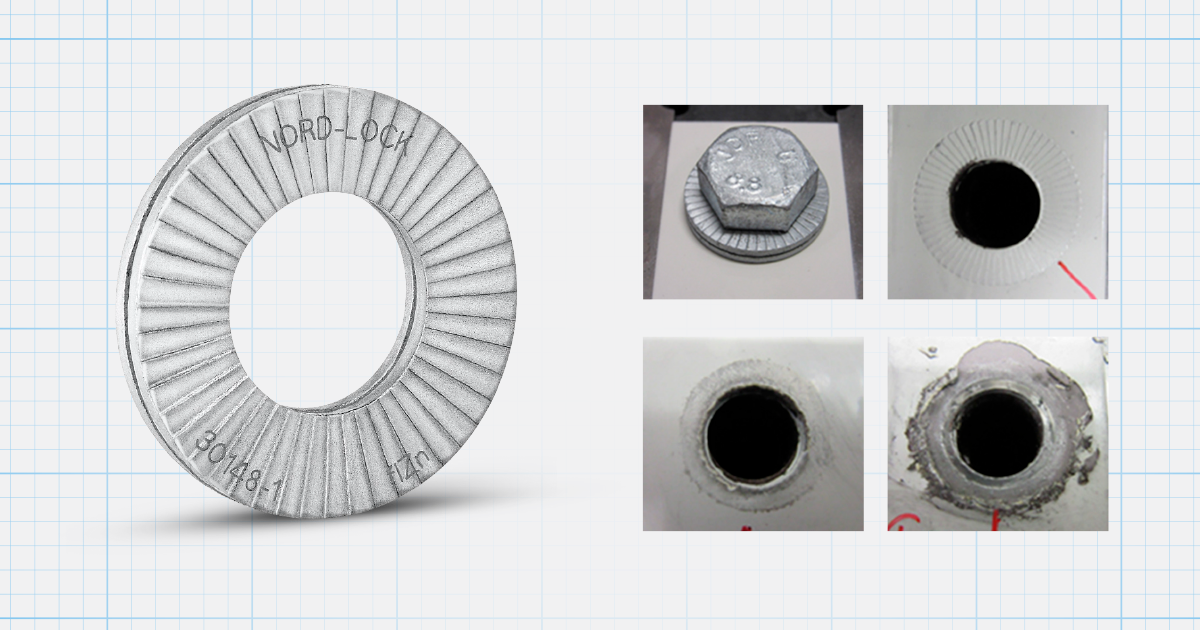
The Experts: Can I Use Nord-Lock Wedge-Locking Washers on Painted Surfaces?
We are often asked about securing bolted connections where parts have painted surfaces, something relevant to many applications and industries. The answer depends on the type of coating used and how it’s applied, though in general there are a few practical challenges to overcome.
The most common issues are a loss of preload over time due to settlements and relaxation in the paint, or corrosion problems caused due to wear at the point of assembly and breakages in the paint. The rotation caused when tightening/untightening the bolted joints with traditional fasteners can also tear up the coating.
Different industries have varying criteria for coatings, but some of the most demanding applications and the thickest paints can be found in offshore industries such as oil & gas, wind farms, solar farms, and shipping. These must preserve steel constructions in a cost-effective way and protect against the corrosive nature of harsh ocean environments.
These industries often use ‘active’ coatings containing aluminum and zinc, elements providing a chemical resistance to corrosion in steel structures by acting as an anode in the electric cell. Other non-active coatings create an impenetrable layer to shield the construction from the corroding elements, but when this coating breaks down, the construction is exposed and starts to weaken.
To assemble a bolted joint, you are creating a rotation of the bolt, nut and perhaps washers. This rotation can cause damage to painted surfaces. The rotational behaviour of these ingoing parts also determines the impact on the coating, so Nord-Lock Group has been carrying out tests on different bolting methods to learn more in this area.
With no washer
Assembling a bolt without any washers concentrates the rotation directly between the bolt and the painted surface, and it is evident that the high torque used to preload the bolt will damage the paint.
With flat washers
Adding a flat washer lowers the rotation against the surface but does not guarantee that all rotation takes place between the bolt and the washer. Instead, it is random and therefore hard to predict the level of damage on the coating.
With Nord-Lock washers
Nord-Lock wedge-locking washers are designed to control the rotation between the upper washer and the nut during assembly, so this keeps the painted surface more intact.
The outer faces of Nord-Lock washers are also serrated to grip both the clamped parts and the underside of the bolt head — securing the joint. Impression marks from the serrations on both surfaces can be seen when untightening the bolt, verifying the wedge-locking effect that prevents bolts from spontaneously loosening.
You might expect these serrations to destroy the paint during assembly, but the tests prove several positive impacts instead. Because the serrations press slightly into the paint, settlements in the bolted joint are decreased compared to applying a flat washer — hence the desired preload will be better preserved in the bolted connection.
When exposed to vibrations, the design of Nord-Lock washers also directs movement to between the two washers, so there is no rotational impact on the coating during vibrations. The wedge-locking effect also ensures preload is kept to a high and safe level, something which is not achieved with the other solutions.

Best practices
We recommend working in this order:
- Assemble parts
- Secure the bolted connections
- When properly tightened,finally apply the coating
This would give a better guarantee of a secure and corrosion resistant bolted joint for painted surfaces, but sometimes this process is overlooked as it can be too expensive or impractical in the field.
As our tests find, the risk of coating before bolting is that some locking methods cannot maintain preload because of settlements and relaxation in the paint, or the paint is broken when tightening the bolt and your parts are then also exposed to corrosion.
Although there is much to consider, our findings in this test do give a reliable indication that using Nord-Lock wedge-locking washers will have a more positive impact, compared to the alternatives, on the security of bolted connections when used in these scenarios.